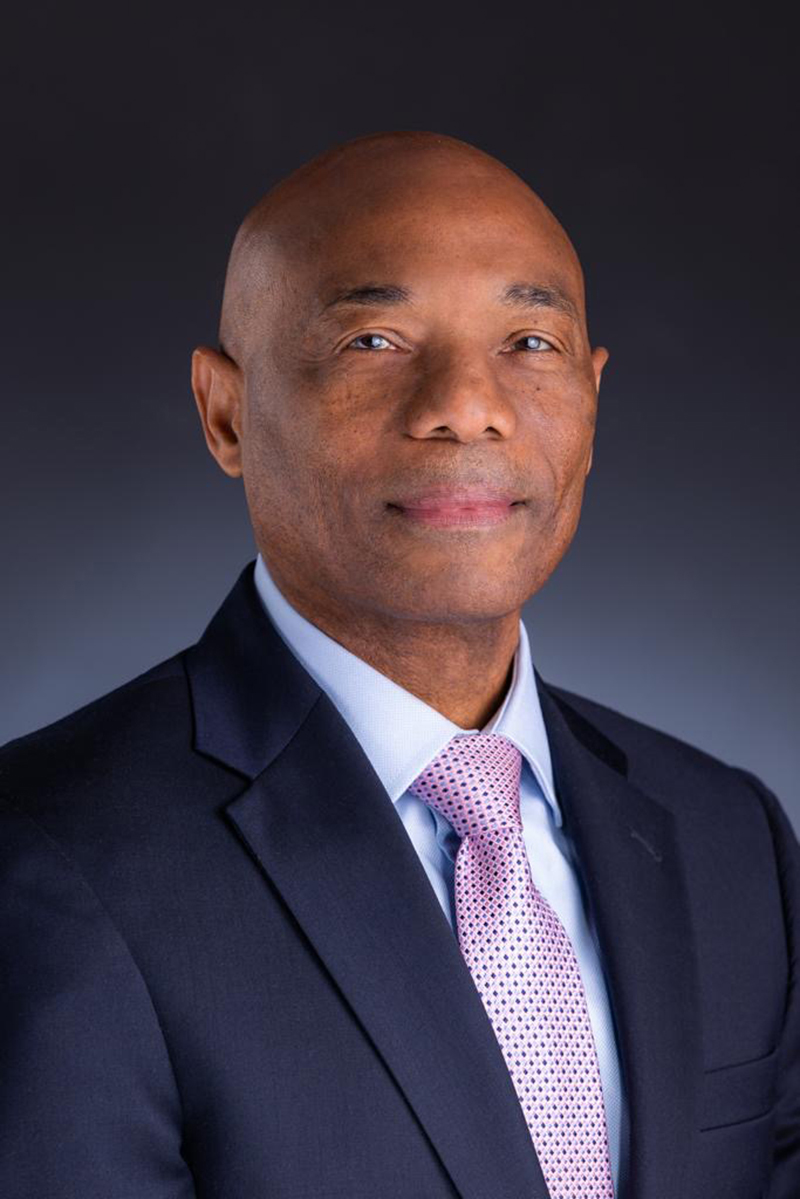In the wake of the dislocation, and in some instances near disintegration of some economies in the Carib-bean arising out of more than two years of a still rampaging Covid-19 pandemic, the Caribbean Development Bank (CDB) is to roll out a “financing ecosystem” that will provide critical support to its Borrowing Member Countries (BMC) with a view to helping them respond to their immediate needs as well as to help address critical long-term growth and development considerations, the Bank’s president, Dr Hyginus ‘Gene’ Leon, has said.
At a time when the Caribbean must compete with the rest of the underdeveloped and developing world for scarce resources to respond to both immediate-term Covid-related emergencies and to charter a development course beyond the pandemic, the CDB president disclosed that the institution will be moving to secure financing for various “innovative instruments” that will essentially seek to help its economically dislocated BMCs reorder their econo-mies for future growth, whilst simultaneously seeking to help them navigate a recovery path in the midst of the current challenges.
In seeking to articulate a blueprint for the CDB’s response to the region’s current challenges, Dr Leon says that there is need for a “wholesome” approach to countries’ financing needs that seeks to address both its existing debt stock challenges as well as its “flow financing” for development. Accordingly, he envisages that the Bank’s BMCs will require access to “a wide spectrum of financing instruments that is underpinned by a strong regulatory environment and a well-developed financial market infrastructure.”
Specifically, the CDB’s top official is advocating that countries opt for debt instruments designed to incentivise countries to pursue reforms aimed at lowering their debt risk, an approach which he says will better position countries to secure access to affordable financing. Also listed by the Bank’s president among the options that might favour the medium- to long-term recovery of regional economies, are Special Drawing Rights-denominated resilience bonds for climate financing, and Sustainable Development Goals (SDG)-themed bonds for activities designed to meet specific SDGs.
Beyond these support-assisted initiatives, the CDB president is also anticipating that its BMCs will buy into other undertakings including a “regional digital network grid to facilitate enhanced services in trade, education, health, commerce, security and justice, and government service delivery.”
Meanwhile, Dr Leon is hoping to steer the governance processes in countries in the region, toward the direction of embracing digital technology as a critical tool in pursuit of the enhancement of the region’s health and education sectors.
Simultaneously, he is also advocating the increased use of renewable energy sources and the application of higher levels of energy efficiency in order to speed up the region’s shift to sustainable energy.
Critically, the CDB president is also urging the Bank’s member countries to move with haste to improve internal “implementing capacity” by enhancing technical capacity, improving domestic planning and delivery mechanisms, and shoring up monitoring, evaluation, and governance.
“Our development challenge is not merely to recover lost ground and close the distance to achieving the Sustainable Development Goals, but to fundamentally alter the development path so that our societies can be placed on a higher and more sustainable welfare path in the future,” Dr Leon declared.








